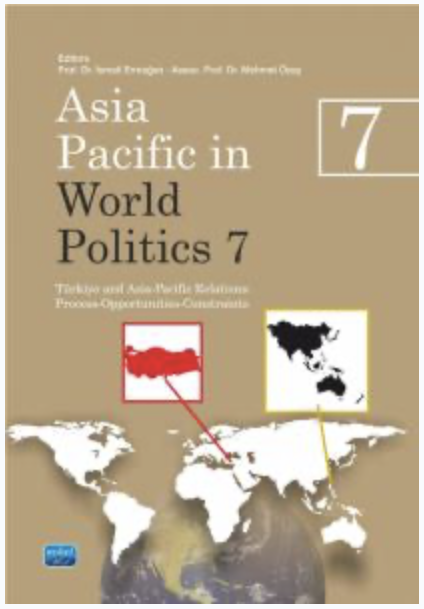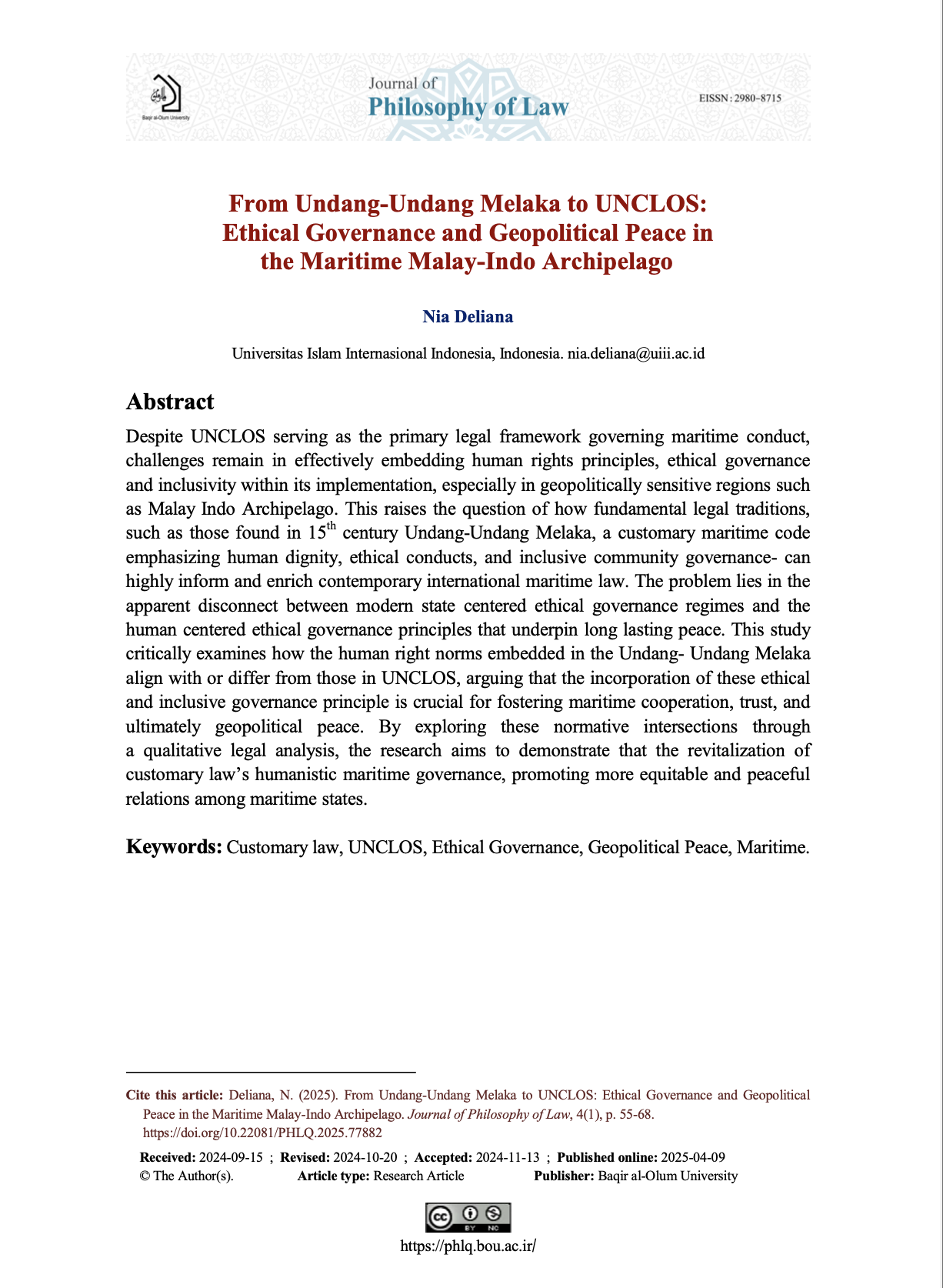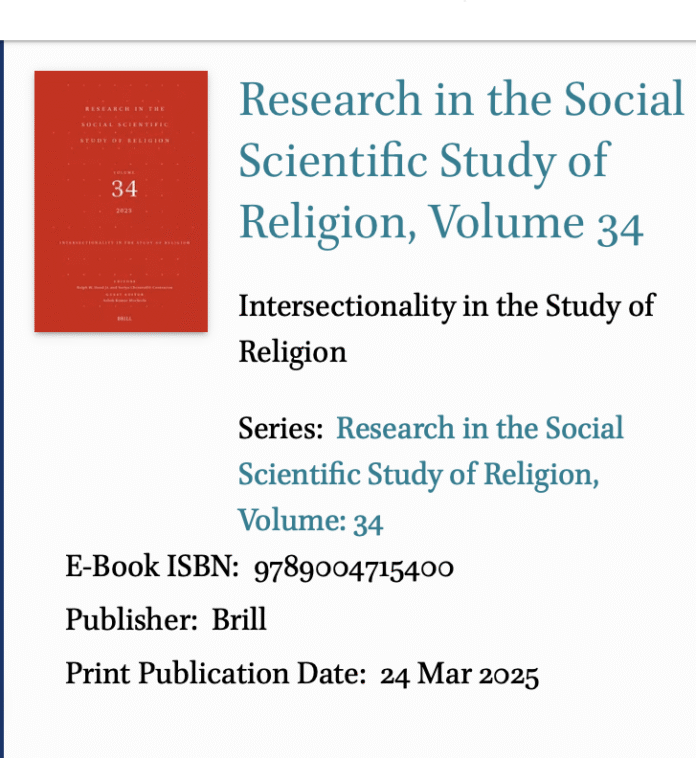Abstract
Abundant studies on the spread of Buddhism and Hinduism in the Indonesian Archipelago have centered on archaeological evidence including temples, inscriptions, and statues, but the study of Indian Islamic influences formerly lacked such solid evidence, apart from local authentic records and colonial reports. However, in recent years scholars have increasingly explored the role of the interdependence between trans-oceanic diaspora communities in South and Southeast Asia, including the Indians in Aceh, including their socio-economic and cultural characteristics. Following the 2004 tsunami and 2005 peace process agreement, the Acehnese in Indonesia gradually witnessed the resurrection of historical mercantile ties with South Indians. Joint Indonesian-Indian efforts re-erected a Hindu temple after the calamity, and South Indian Muslim descendants began to reconnect with their ancestral communities in India. This study explores the connections between Aceh and India, threaded with well-known historic trade and religious interactions, the anti-imperialism struggle, and the support for the independence that shaped the prolonged diaspora identity. It explains how centuries of regional popular migrations supported by numerous factors, including belief systems as well as mercantile interactions and leadership. The Indian-Muslim descendant communities self-identify as primarily Indonesians and Acehnese rather than as Indians, but they acknowledge their shared belief systems and identities that influence their sense of belonging. This paper examines shared belief systems between Indians and Acehnese, looking into the foundations of identities and the sense of belonging towards Indonesia and India. Through consulting numerous primary and secondary sources, and in-depth interviews with Indonesian intellectuals and South Indians descendants themselves, this study provides additional narratives on South Indian diaspora, identity, and sense of belonging in Indonesia.




